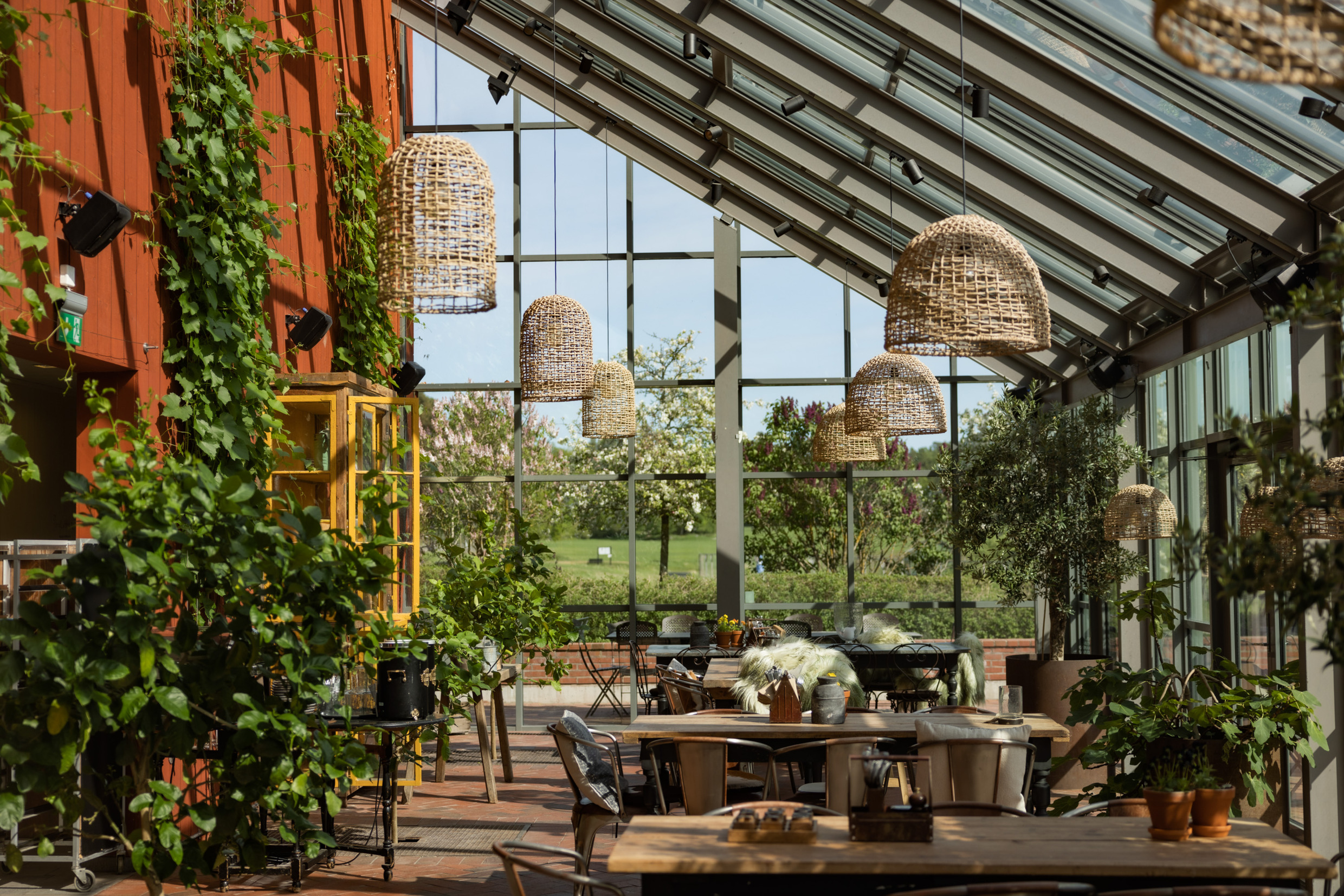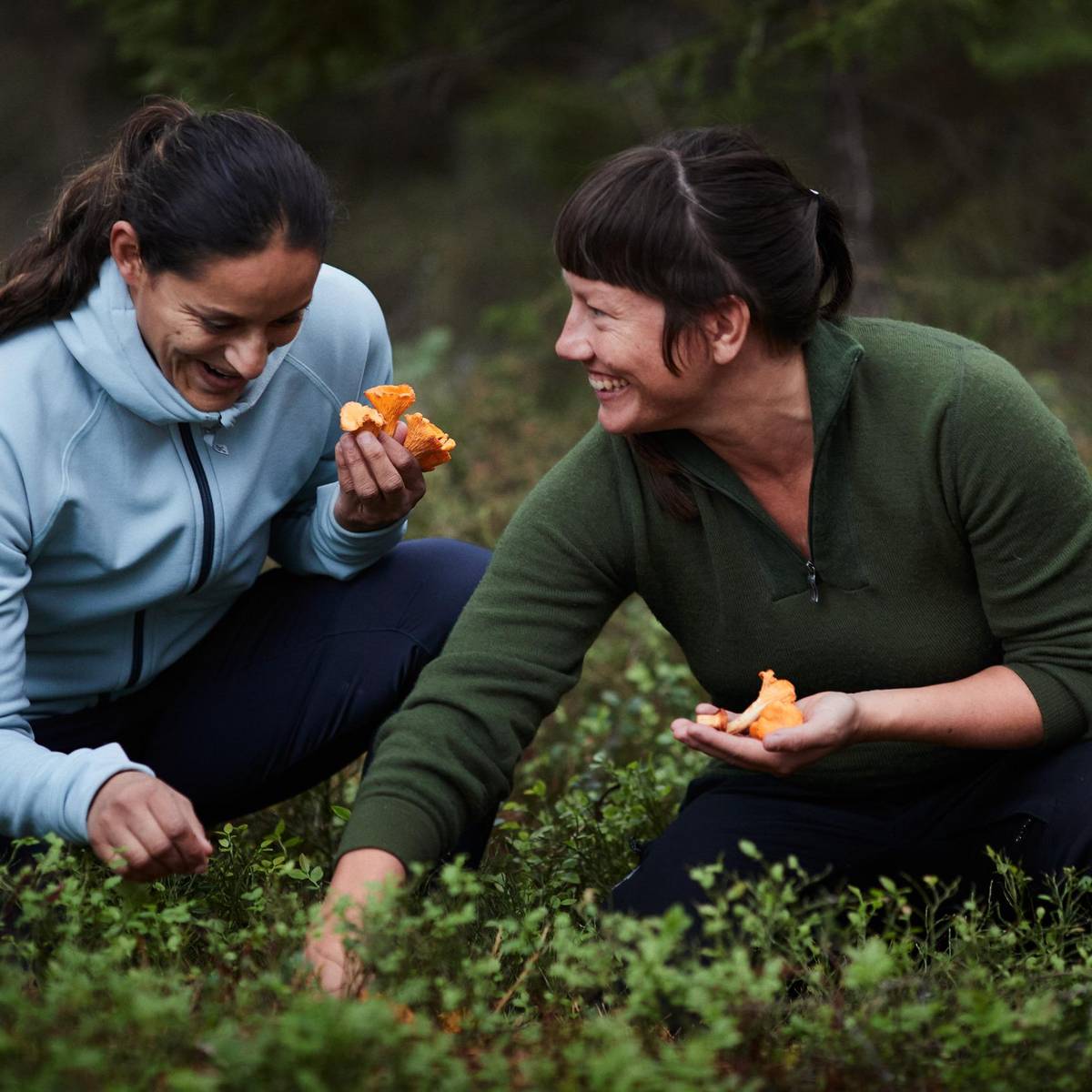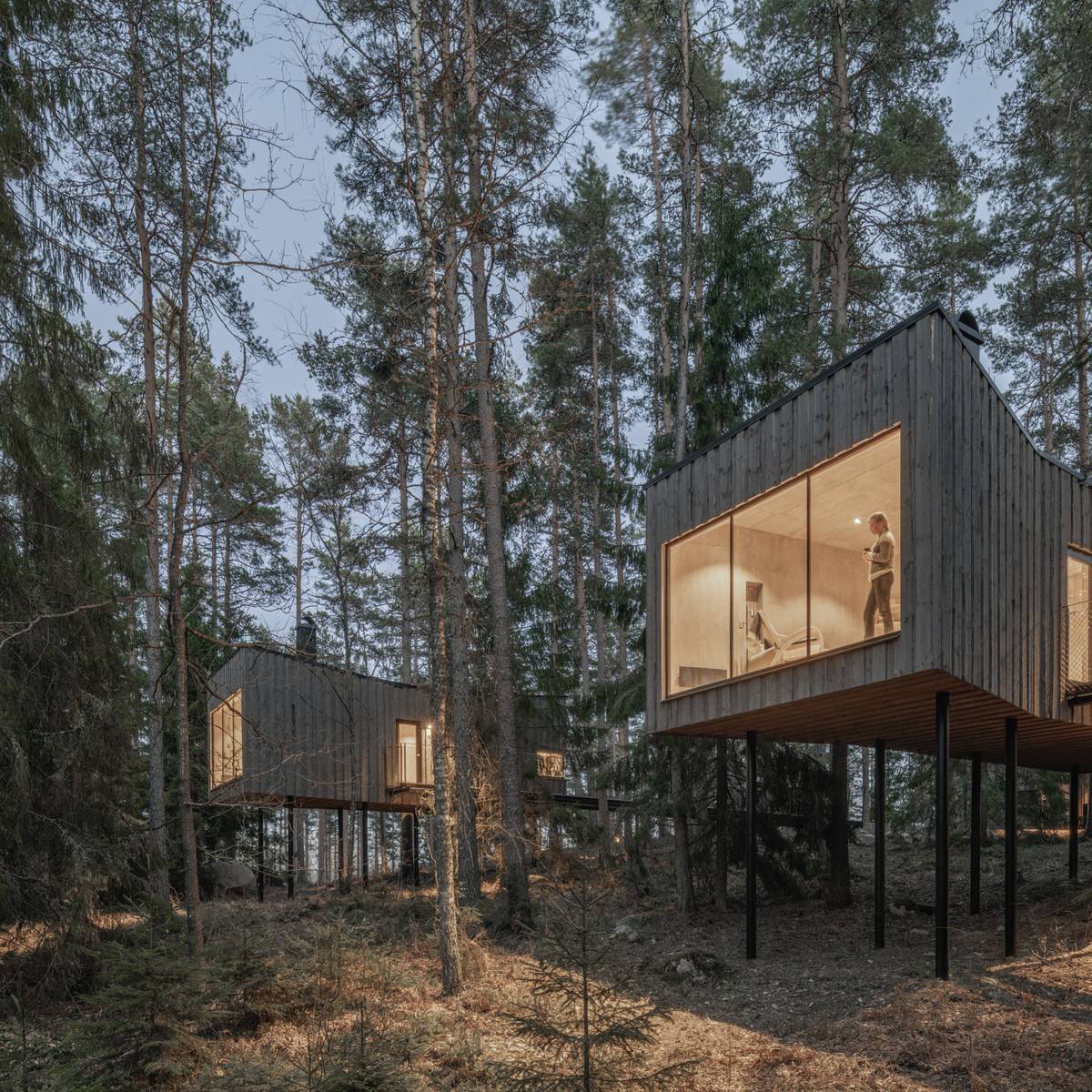A workation can increase your well-being
A new case study was performed to illustrate the previous scientific findings from both Swedish and international research that has shown that exposure to the natural environment is beneficial in many ways for our health. The study was conducted in co-operation with researchers from Sweden’s single largest centre of medical academic research and one of the world’s foremost medical universities, Karolinska Institutet.
The case study was conducted for two weeks, between 30 May until 13 June, and included five participants. The participants were between 20 to 35 years and had a job that allowed them to work remotely at the time of the case study. The case study used a combination of quantitative methods in order to investigate the participant’s health, sleeping patterns and physical activity. The study participants wore specific equipment in form of MotionWatch8 (CamNtech Ltd, UK), which recorded their movements every 15 seconds and also collected sleep parameters. Participants, by themselves, measured blood pressure every morning and evening by using an automatic blood pressure monitor. On two occasions the participants also filled in several short forms of different self-assessment tests where the status of their current well-being was examined.
These are the main findings
The results indicated several positive effects of the close-to-nature sojourn.
Physical activity
- Participants spent more time on moderate physical activity during the experimental period than during a normal workweek. The increase was about 20%. It is possible that the close-to-nature environment encouraged more frequent spontaneous movements.
Sleep
- Sleep efficiency is a measure of the actual sleep time expressed as a percentage of time in bed and was on average 6 percentage points higher during the close-to-nature period than during a regular workweek.
- Sleep latency - the time between going to bed and falling asleep – was on average 32 minutes (51%) shorter during the nature week than during a regular week.
- The average length of sleep bouts (a contiguous period categorised as sleep in the epoch-by-epoch wake/sleep categorisation) was 23 % longer during the nature week than during a regular week.
Mental Health
- The mental health and wellbeing survey estimates social and mental well-being, as well as emotions related to anxiety, depression and functional limitations. The results of the test were 22% higher during the close-to-nature period.
- The vitality survey estimated self-perceived public health and the result of it during the close-to-nature sojourn was 27% higher than during a regular workweek. The included questions indicated that the study participants above all felt more “full of pep” (a 55% increase) and had “lots of energy” (a 36% increase).
- The surveys addressing symptoms of anxiety and depression and showed a 77% decrease in the anxiety symptoms and a 44% decrease in the depression symptoms during the nature week compared to the regular workweek.
- Perceived Stress Scale estimates how often the respondent experiences that their lives are unpredictable, uncontrollable or that they feel overworked. The results indicated a 48% decrease in perceived stress during the nature week compared to the regular workweek.
- Cognitive stress was assessed by using questions that focused on difficulties with concentration, memory, decision making, and the ability to think clearly. Our results showed a 50% decrease in the estimate of cognitive stress during the close-to-nature period than during a regular workweek.













